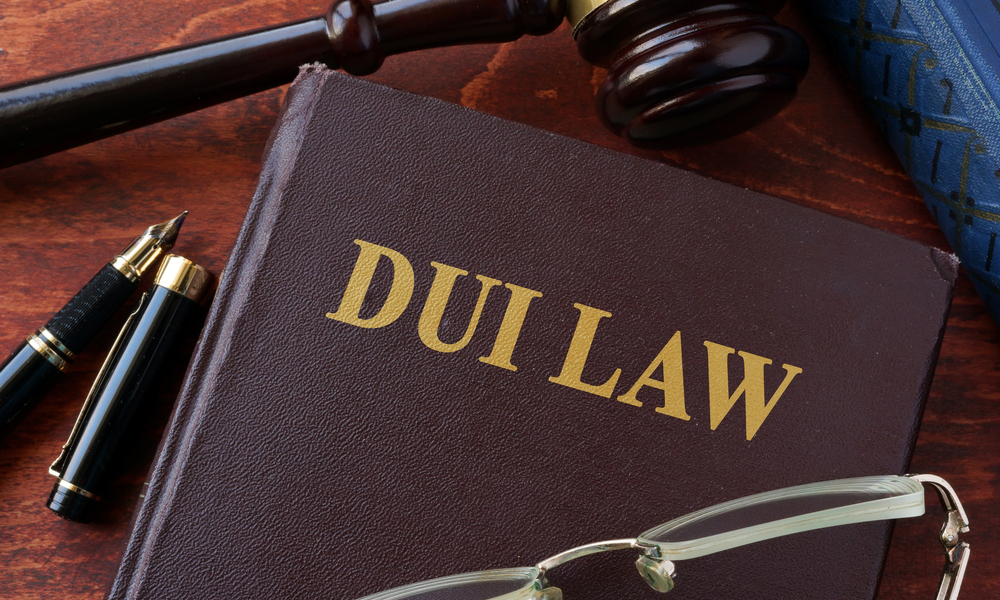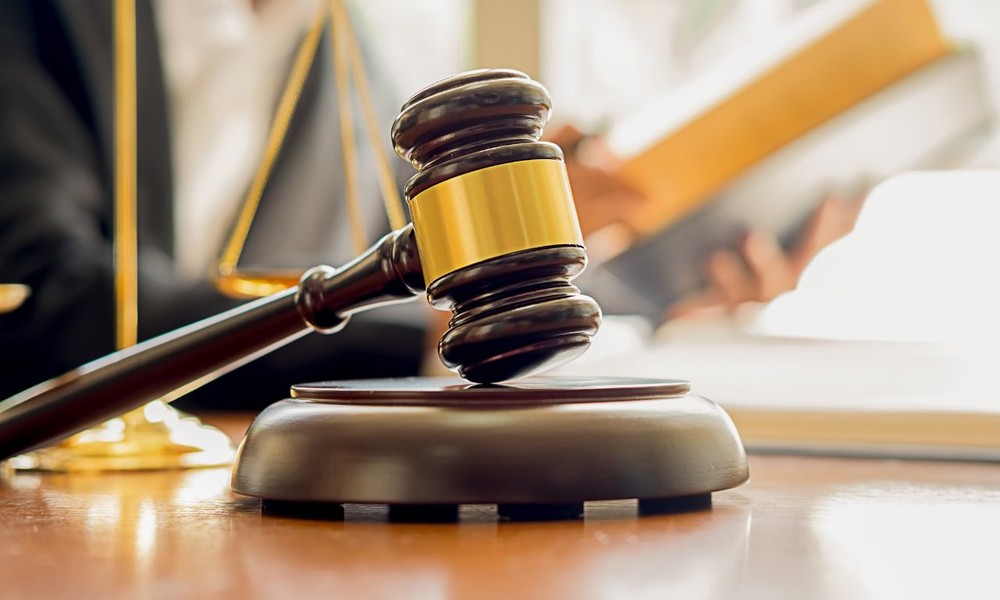Driving under the influence (DUI) charges can be life-altering. The repercussions of a DUI can affect every facet of one’s life—from personal relationships to professional careers. While these charges are serious, working with a top DUI attorney can make a significant difference in the outcome of a case. This guide explores the steps you need to take when facing DUI charges, what to expect during the legal process, and why hiring an experienced lawyer is crucial to achieving the best possible results.
Understanding DUI Charges and Their Consequences
A DUI charge typically occurs when an individual is suspected of operating a vehicle under the influence of alcohol or drugs. In many states, the legal blood alcohol concentration (BAC) limit is 0.08%, but you can still face charges even if your BAC is below the limit if law enforcement believes your ability to drive is impaired.
Consequences of a DUI Conviction
The penalties for a DUI conviction vary depending on factors such as prior offenses, BAC levels, and the presence of any aggravating circumstances. Here are the common consequences of DUI convictions:
- License Suspension: A first-time DUI offender may face a suspension ranging from a few months to a year, while repeat offenders can lose their driving privileges for much longer.
- Fines: DUI fines can range from hundreds to thousands of dollars, depending on the severity of the offense.
- Jail Time: First-time offenders may face up to six months in jail, while repeat offenders can see much longer sentences.
- Probation: Instead of serving jail time, some individuals may be placed on probation, which could include requirements like community service, mandatory counseling, or alcohol education classes.
- Increased Insurance Costs: A DUI conviction can significantly raise your car insurance premiums.
Facing these consequences can be overwhelming, which is why it’s essential to contact a DUI attorney in Oakland to help navigate the complexities of the legal process.
The Role of a DUI Attorney in Defending Your Case
A top DUI attorney brings a wealth of knowledge and experience to the table, providing valuable legal guidance and defense strategies tailored to your specific case. Here’s how a DUI attorney can make a difference in your case:
- Evaluating the Evidence
An experienced DUI attorney will review all the evidence related to your arrest, including the results of breathalyzer tests, field sobriety tests, and police reports. They will also examine whether the police had probable cause to stop your vehicle and whether your rights were violated during the arrest. If any procedural errors occur, your lawyer may be able to challenge the evidence and get it dismissed from court.
- Negotiating with Prosecutors
Prosecutors are often eager to secure convictions, but a skilled DUI attorney can negotiate for reduced charges or penalties. They may argue for alternative sentencing, such as probation instead of jail time, or advocate for your participation in a DUI diversion program, which can lead to the dismissal of charges upon completion.
- Representing You in Court

If your case goes to trial, your DUI attorney will present a solid defense on your behalf. This may involve cross-examining witnesses, challenging the validity of the prosecution’s evidence, and presenting expert testimony. Their goal is to create reasonable doubt in the minds of the judge or jury regarding your guilt.
Having a knowledgeable criminal defense attorney by your side is crucial in maximizing your chances of a favorable outcome.
Key Defenses Your DUI Attorney May Use
Defending against DUI charges requires a strategic approach tailored to the specifics of your case. A skilled attorney will identify weaknesses in the prosecution’s case and build a strong defense. Here are some familiar defense strategies your lawyer may use:
- Challenging the Traffic Stop
In order for the police to lawfully stop a vehicle, they must have probable cause—such as a traffic violation or suspicion of impaired driving. If your attorney can demonstrate that the stop was unlawful, any evidence obtained afterward may be suppressed, weakening the prosecution’s case.
- Questioning the Accuracy of Breathalyzer Results
Breathalyzer machines are not infallible. They can malfunction or produce inaccurate readings if properly maintained and calibrated. Your attorney may question whether the device used in your case was functioning correctly at the time of the test, potentially undermining the reliability of the BAC results.
- Contesting Field Sobriety Tests
Field sobriety tests, such as walking in a straight line or standing on one leg, are subjective and often administered under less-than-ideal conditions. Your attorney may argue that environmental factors, health issues, or even nerves affected your ability to perform these tests, leading to inaccurate results.
- Medical Conditions Affecting BAC
Certain medical conditions, such as acid reflux or diabetes, can cause elevated BAC levels that do not accurately reflect your level of impairment. Your DUI attorney may present evidence of these conditions to cast doubt on the accuracy of the test results.
- Arguing for Improper Police Conduct
If law enforcement violated your constitutional rights during the arrest—such as failing to inform you of your rights or using excessive force—your attorney can argue that this misconduct invalidates the charges.
Working with a criminal defense attorney can ensure that all possible defenses are thoroughly explored in your case.
The Importance of Acting Quickly
Time is a critical factor in DUI cases. In many states, you only have a limited window to request a hearing to challenge the suspension of your driver’s license. Failing to do so can result in an automatic suspension, regardless of the outcome of your criminal case.
Moreover, gathering evidence and identifying witnesses becomes more complex as time passes. Video footage from dashcams or surveillance cameras may be deleted, and witnesses’ memories may fade. This is why contacting a DUI attorney as soon as possible is crucial.
Steps to Take After Being Charged with a DUI
- Document the Incident: Write down everything you remember about the stop, the arrest, and any interactions with the police. Details matter and your attorney can use this information to build your defense.
- Don’t Plead Guilty Immediately: While it may seem like the easiest option, pleading guilty without consulting a lawyer can result in harsher penalties than necessary. An attorney can help you explore alternative options.
- Request a DMV Hearing: In many states, you have a limited time to request a hearing with the DMV to challenge the automatic suspension of your license. This hearing is separate from your criminal case, and failing to ask it can result in a lengthy suspension of your driving privileges.
- Avoid Discussing Your Case with Others: Anything you say about your case can be used against you, so it’s important to avoid discussing the details with anyone except your lawyer.
What to Expect During the DUI Legal Process

The DUI legal process typically involves several stages. Understanding each step can help alleviate some of the anxiety you may feel. Here’s a breakdown of what to expect:
- Arraignment
The arraignment is the first court appearance where you will be formally charged with a DUI. During this hearing, you will enter a plea of guilty, not guilty, or no contest. Your attorney will advise you on how to plead based on the strength of the prosecution’s case.
- Pre-Trial Motions
During this phase, your attorney may file motions to suppress evidence, challenge the legality of the stop, or request the dismissal of charges. These motions are critical in shaping the direction of your case.
- Plea Bargain Negotiations
In many DUI cases, the prosecution may offer a plea deal to resolve the case without going to trial. A plea deal often involves pleading guilty to lesser charges in exchange for reduced penalties. Your attorney will advise you on whether accepting a plea deal is in your best interest.
- Trial
If your case goes to trial, your DUI attorney will present your defense, cross-examine witnesses, and challenge the prosecution’s evidence. The trial can last anywhere from a few days to a week, depending on the complexity of the case.
- Sentencing
If you are convicted, the judge will determine your sentence based on factors such as your prior record, the circumstances of the offense, and any mitigating factors presented by your attorney. Sentencing can include fines, jail time, probation, or mandatory counseling.
Conclusion: Navigating DUI Charges with a Top DUI Attorney
A DUI charge is a serious legal matter that requires immediate attention and the expertise of a qualified DUI attorney in Oakland. With the proper legal representation, you can minimize the impact of these charges on your life and protect your rights throughout the legal process. The role of a skilled criminal defense attorney is to provide strategic guidance, negotiate on your behalf, and defend your case in court. By acting quickly and partnering with a knowledgeable attorney, you stand a much better chance of a favorable outcome.




